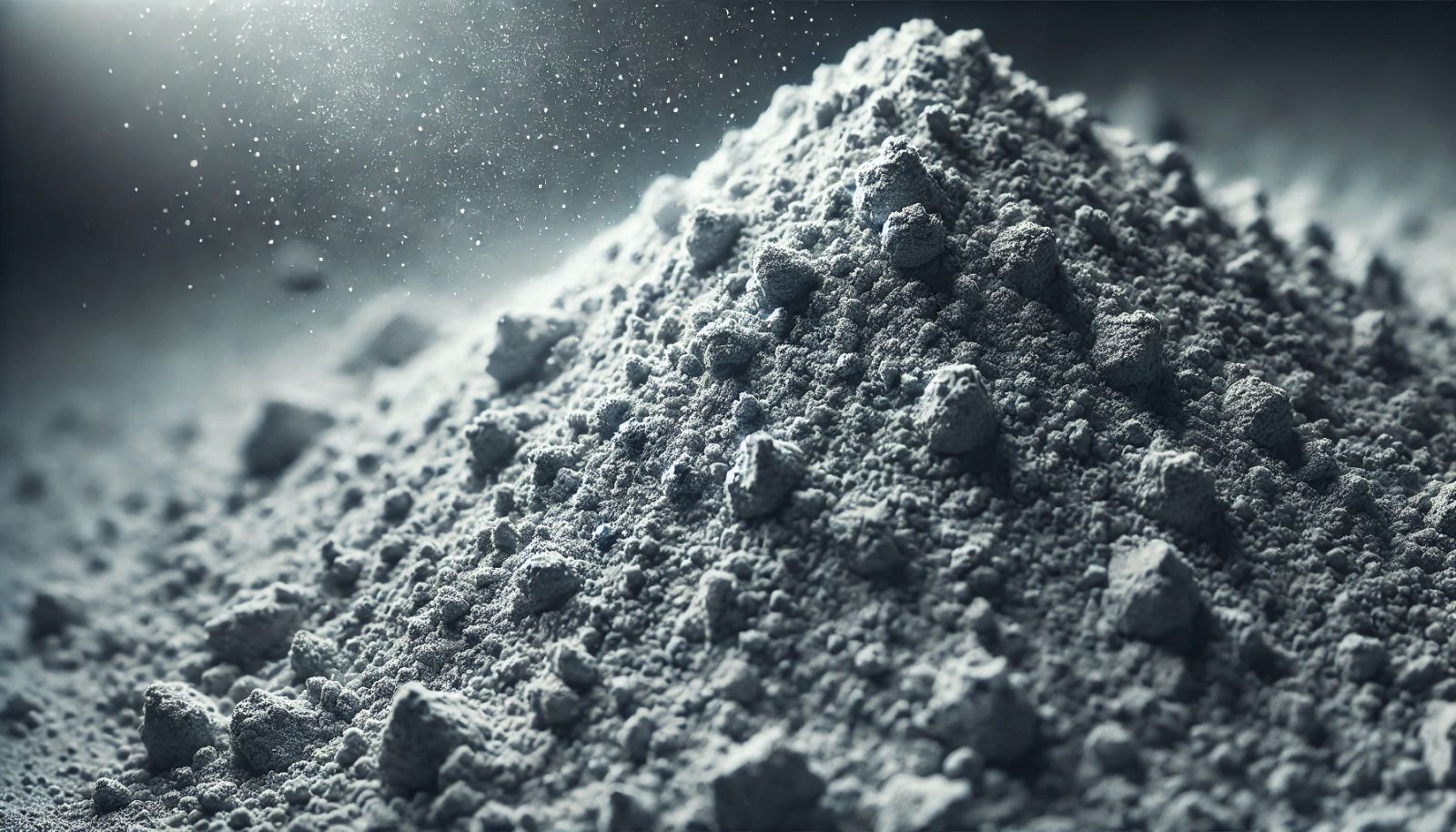
What is Fly Ash ?
Fly ash, also known as flue ash, is a byproduct of coal combustion produced in coal-fired power plants. It consists of fine particles that are expelled from the boiler along with flue gases during the combustion process. The ash that settles at the bottom of the boiler is called bottom ash. In modern coal-fired power plants, fly ash is typically captured using electrostatic precipitators or other filtration systems before the flue gases exit through the chimney. When combined with bottom ash, it is collectively referred to as coal ash.
The composition of fly ash can vary significantly depending on the type of coal used and the source of the ash. However, fly ash generally contains substantial amounts of silicon dioxide (SiO₂), aluminum oxide (Al₂O₃), and calcium oxide (CaO), which are the primary mineral compounds found in coal-bearing rock formations.
Types of Fly Ash
Fly ash is typically categorized based on its calcium oxide (CaO) content:
- Class F Fly Ash: Produced from burning anthracite or bituminous coal, containing less than 7% CaO. This type primarily has pozzolanic activity and is commonly used in producing high-strength concrete.
- Class C Fly Ash: Produced from burning lignite or sub-bituminous coal, containing more than 20% CaO. In addition to pozzolanic activity, it has self-cementing properties that enhance the strength and durability of concrete.
Benefits of Using Fly Ash in Construction
Fly ash provides numerous benefits when used as an additive in concrete production:
- Improved Workability: Fly ash enhances the workability and pumpability of concrete in its fresh state, making it easier to mix and transport.
- Increased Strength and Durability: Concrete containing fly ash typically has higher compressive strength and improved durability, particularly over time.
- Reduced Water Demand: Fly ash reduces the water demand in concrete, improving the mix ratio and ensuring a more efficient blend.
- Environmental Sustainability: The use of fly ash in concrete helps reduce waste from industrial byproducts and provides a more sustainable solution by reusing materials that would otherwise be disposed of.
- Cost-Effective: Fly ash offers an economical alternative to traditional concrete additives, helping to lower construction costs.
Applications of Fly Ash
Fly ash has a wide range of applications in the construction industry, including:
- Concrete Production: Fly ash is widely used as a pozzolanic additive in concrete, improving the physical properties of the material and enhancing its strength and workability.
- Manufacture of Concrete Products: It is used in the production of concrete blocks, bricks, paving stones, and pipes.
- Blended Cement Production:Fly ash is incorporated into blended cements, improving their performance and sustainability.
- Soil Stabilization:Fly ash is used to stabilize soils in various construction projects, improving the load-bearing capacity and stability of the ground.
- Waste Treatment: Fly ash can be used in the treatment of waste materials, contributing to environmental remediation.
- Road Construction: It serves as a mineral filler in road construction, improving the durability of road surfaces.
Source and Quality of Our Fly Ash
We source our fly ash exclusively from high-quality, state-of-the-art coal-fired power plants in Vietnam. The fly ash is collected using advanced technologies such as electrostatic precipitators, baghouses, and other filtration systems to ensure its purity and quality.
Quality Control and Testing
The quality of fly ash is critical in ensuring the durability and strength of concrete. Therefore, we implement stringent quality control measures, including frequent testing to ensure:
- Optimal Fineness: Ensuring the fly ash has the ideal particle size distribution for superior mixability.
- Consistent Particle Size Distribution: Ensuring uniformity in particle size, which contributes to the efficient performance of the fly ash in concrete.
- Precise Calcium Content: Ensuring that the calcium content is within the optimal range for enhanced concrete performance.
- By purchasing fly ash from us, you are assured of using only the highest quality strengthening agent for your cement mixes and construction projects.
Supply Capacity and Delivery Methods
Supply Capacity: We are capable of supplying up to 1,000,000 tons of Fly Ash annually and can expand production capacity to meet the growing needs of our customers.
Delivery Methods by Jumbo Bag: Each jumbo bag contains approximately 1 ton of Fly Ash, suitable for products that require protection during shipping.
We are able to ship at least 30,000 tons per vessel.
Quotation Basis & Payment Terms
Quotation Basis: Prices will be adjusted based on the monthly volume required by the customer and other factors, such as market and transportation requirements.
Payment Terms:
- Option A: 30% deposit, 70% upon Goods on Board (GOB) – 30% paid at contract signing and the remaining 70% when the goods are loaded onto the vessel.
- Option B: Irrevocable Letter of Credit (LC) – Payment via an irrevocable letter of credit, ensuring safety and transparency for both parties in the international transaction.
- Option C: Flexible, open for discussion – We are open to discussing and adjusting payment terms based on the specific requirements of the customer.
We are also happy to accommodate our customers with Free On-Board Shipping Point (FOB) and Cost, Insurance and Freight (CIF) shipping terms
